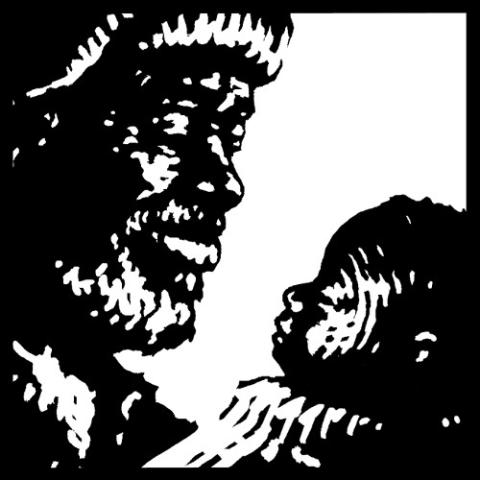
(Unsplash/Lukas Budimaier)
As people grow older and prepare for their transition into the next life, which Catholics call eternal life, the notion of "legacy" becomes important. Some people wonder what their legacy will be. Will it be a list of successful accomplishments? Will it be various donations made to charitable organizations or a trust fund or foundation that has been set up to help others in need? Maybe it will be a substantial gift made to the field of medicine or research or education. Perhaps the legacy will be a monetary inheritance left to family members or friends. Whatever the legacy may be, it is a gift meant to assist those in need and to motivate others to remember the generosity of the gift-giver.
In 2009, within one month, my father, George, was diagnosed with and died of lung cancer. A marine engineer by trade and a warm, loving, simple man by heart, he valued family, which meant everything to him. His greatest desire throughout his life and his last days was that my mom, sister, brother, eight nephews, one niece and I would always preserve and live out his great abiding love for family. In my closing words during his eulogy, I looked out at the assembly and said, "Well, here we are, Dad, all gathered together in your honor, filled with great grief yet celebrating the love that you gave to us that binds us together. We are family, Dad, and we are your legacy."
This Sunday, we celebrate the feast of the Holy Family, and the readings are about just that: family, accented by promise, faith and legacy.
Abram, concerned about an heir, has a heart-to-heart talk with God about his and Sarah's childlessness. God quells Abram's anxiety. In addition to having promised Abram land, God now promises him an heir, one who will be his own offspring. Abram and Sarah will have a son. Furthermore, Abram's descendants will be as numerous as the stars in the sky. What marvelous promises! Abram's further response is to trust God who views Abram's decision as an act of righteousness. God fulfills the divine promise: Sarah bears a son whom Abram calls Isaac. As the inheritor of the divine covenant and the promises God made with Abram, Isaac later becomes Israel's second great patriarch. Abram now has an heir, and he and Sarah now have not only a family but also a future legacy.
In his letter to the Hebrews, Paul, the so-called author of this book of the Scriptures, briefly recounts three Genesis stories about Abraham: Abraham's call narrative (Genesis 12:1-9); God's covenant with Abraham and eventual birth of Isaac and later descendants (15:1-6, 16:1-16, 21:1-7); and the binding and near sacrifice of Isaac by Abraham (22:1-19). Paul instructs his audience about the great theological virtue of faith; he uses Abraham as his primary example to showcase this virtue as well as the beneficence of God who is faithful to divine promises made. Paul echoes the theme of Abraham's descendants being as numerous as the stars in the sky but adds that they will also be as countless as the sands on the seashore. Embedded in Paul's message is the recognition of Abraham's descendants as his legacy.

(Mark Bartholomew)
The Gospel reading from Luke 2:22-40 also focuses on family, faith, promises fulfilled and legacy. Joseph and Mary take their young child Jesus to Jerusalem to present him to God in the Temple, as was the custom dictated by the law given to Moses. There, the family meets Simeon, who was divinely promised that he would not die until he had seen the Christ of the Lord. With faith in God and God's promise, Simeon waits. To his delight, he not only meets Jesus but also embraces him; therein, God's promise to Simeon is fulfilled. In the Temple, the family also encounters Anna, a devout prophetess. Both she and Simeon speak about the child and his future mission, though Anna's words are not articulated by the Gospel writer. Joseph and Mary's family legacy will involve having a son who will bring hope and contradiction to a world waiting for salvation and liberation.
Advertisement
In sum, all three readings center on family, faith and legacy. Abraham and Sarah, Joseph and Mary, Simeon and Anna were righteous people of deep faith. All received divine promises that God fulfilled because they believed. The readings invite us to think about family, to re-evaluate our understanding of legacy, and to believe wholeheartedly in the One whose word and promises are true. Furthermore, Jesus, a descendant of David, Jacob, Isaac and Abraham, will be a blessing for all the Earth's families, thus bringing God's promise to Abraham to deeper fulfillment.
[Carol J. Dempsey, a Dominican Sister from Caldwell, New Jersey, and professor of biblical studies at the University of Portland, Oregon, is currently working on the book of Isaiah for Liturgical Press' Wisdom Commentary Series.]
Editor's note: This Sunday scripture commentary appears in full in NCR's sister publication Celebration, a worship and homiletic resource. Request a sample issue at CelebrationPublications.org.







